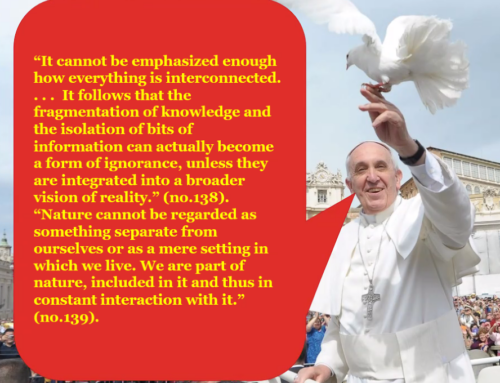Key points
- A new study has shown that both near-death experiences and psychedelics can have powerful transformational effects.
- Both experiences brought a more positive, accepting attitude to death.
- Although both experiences have different characteristics, they each take us beyond our normal limited awareness, and reveal a wider reality.
My main area of research as a psychologist is what I call “transformation through turmoil.” Occasionally, people who suffer intense turmoil and trauma undergo a profound shift. They feel a powerful new sense of well-being, appreciation, and meaning. Their relationships become more authentic and intimate. They feel as if they’ve woken up and are living in a fuller and more intense way.
In my recent book Extraordinary Awakenings, I showed that transformation through turmoil often follows bereavement, a diagnosis of cancer, a period of depression or addiction, or incarceration. However, I’ve found that the single most powerfully transformative experience that human beings can undergo is a “near-death experience.”
In this sense of term, a near-death experience (or NDE) happens when a person is either very close to death (perhaps through a fall or in a coma) or actually does briefly die in a clinical sense. For instance, after cardiac arrest, a person’s brain and body may shut down for a short period before they are resuscitated. In many cases—about 20%, according to some studies—people report that even though their brain showed no signs of activity, they underwent a remarkable series of experiences. Typically, they report leaving their body and looking down from above (sometimes describing medical procedures in very specific detail), then floating away into space, sometimes through a dark tunnel towards a light. They report a tremendous well-being, with feelings of connectedness and love. Sometimes they see a review of their whole lives, flashing by in the space of a few seconds.
Although NDEs only last for a few minutes of normal time (at the most), they almost always have a transformational effect. People undergo a major shift in perspective and values. They become less materialistic and more altruistic; they feel more connected to nature, with more love and compassion for others. They have a heightened sense of beauty, and often relish solitude and inactivity in a way that they had never done before.

